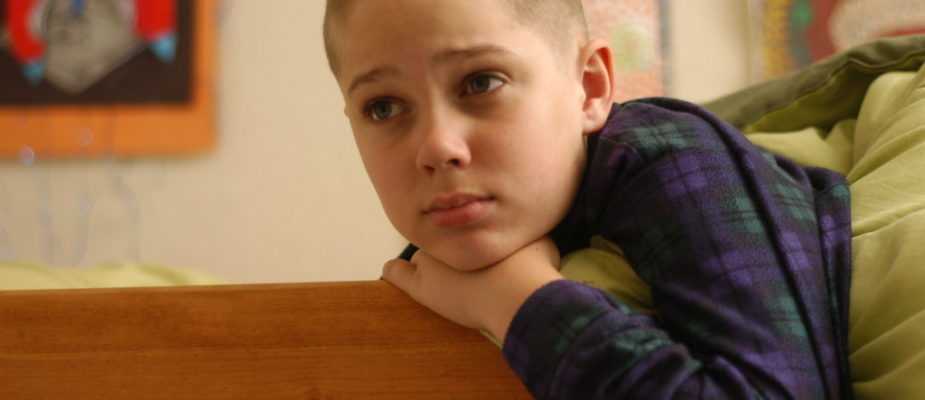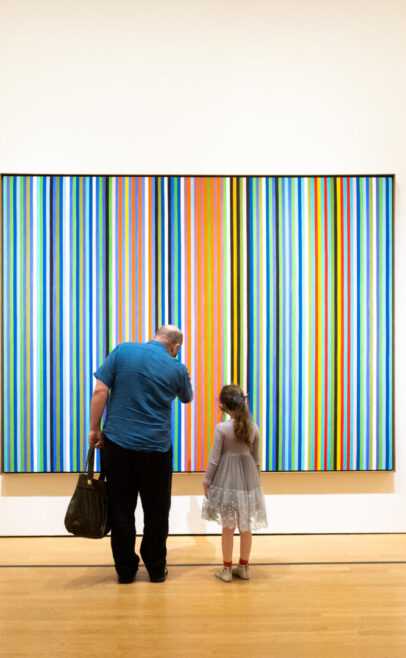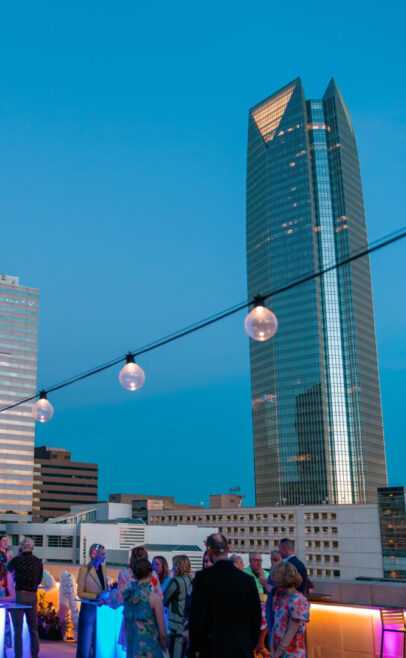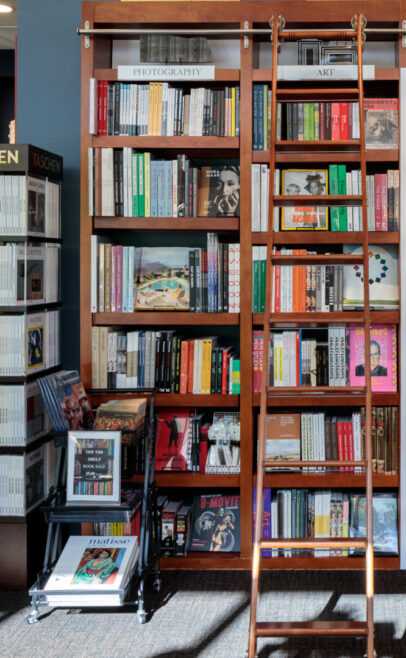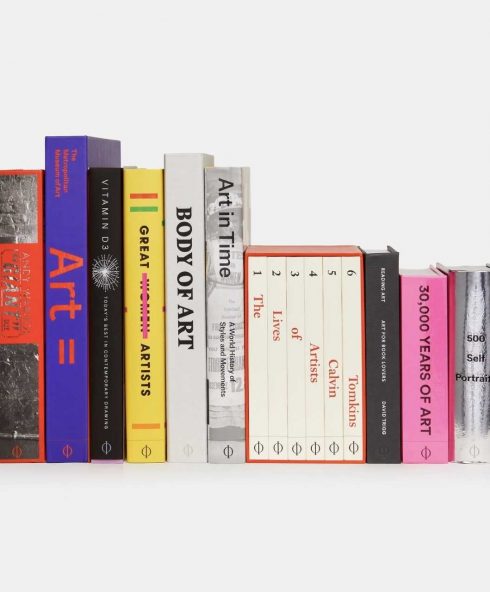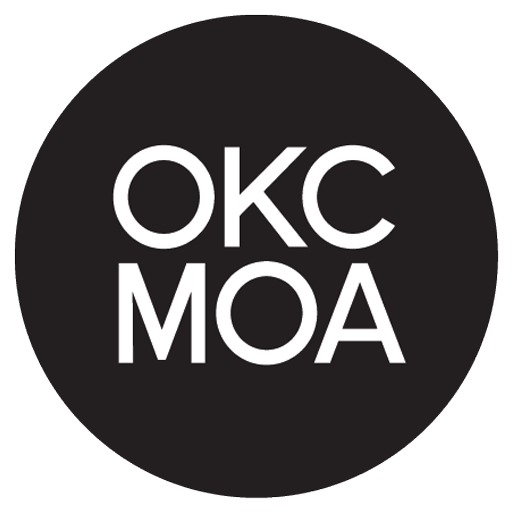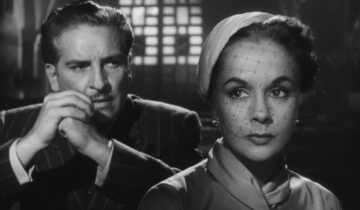As we near the beginning of the film awards season, the motion picture industry’s two-month-long self-celebratory binge, Richard Linklater’s Boyhood (screening Fri., Nov. 28 at 8 p.m., Sat., Nov. 29 at 4 p.m., and Sun., Nov. 30 at 2 p.m.) appears poised to collect virtually every critics’ prize imaginable, en route to the director’s first Best Picture nomination. As uninspiring a year as 2014 has been for Hollywood, both artistically and commercially, the past eleven months have yielded more than their share of indie-film highlights (see also the outstanding The Grand Budapest Hotel, screening Fri. Nov. 28 at 5:30 p.m., and Sat., Nov. 29 at 8 p.m.; The Immigrant; Only Lovers Left Alive; Snowpiercer; and Under the Skin), with Linklater’s magnum-opus again leading the way. Under the trying circumstances of twenty-fourteen, Boyhood is quite clearly the American fiction film of the year – documentary is another matter; more on that crowded field in two weeks – a singular conceptual and sentimental achievement that seems destined to be remembered long after the Marvel universe and the umpteenth Transformers or X-Men sequel evaporates into thin cultural air.
Filmed over several days each year for twelve years, Boyhood tells the story of Mason (Ellar Coltrane, in a breakthrough performance), from his early elementary years through to the first day of college. With Boyhood incrementally moving forward through Mason’s childhood and adolescence, year after year, the director’s first-of-its-kind experiment observes the process of Mason’s maturation in a matter that relies substantially on the act of memory, on our own accumulated recollections of how Mason was at earlier ages and how he has grown and changed over the course of the film. Linklater’s conceit, which might be described alternatively as twelve (relatively) imperceptibly connected short films – each annual segment was scripted separately just ahead of that year’s shoot – featuring the same cast, settings and scenarios, allows the viewer to experience time’s passage in a manner that more closely resembles life itself. That is, it is only when we look backwards, when we remember, that we truly perceive the change that is happening glacially, in our lives and those of our loved ones, from moment-to-moment. Boyhood, as a facsimile of lived experience and aging, packs a sentimental wallop – particularly as it invites the complementary perspectives of the child and the parent.
Mason may be the center of the Boyhood universe, but the film is not his story alone. It is also that of his Gen-X parents: his mother (Patricia Arquette), who grows into an academic career, while repeating the same romantic mistakes into mid-life; and his father (Ethan Hawke), an initially neglectful and irresponsible young dad who becomes the man his ex always wanted him to be as the mini-van-driving patriarch of Mason and sister Samantha’s (Lorelei Linklater, Richard’s daughter) step-family. (Linklater’s film argues, compellingly, that it is not only the person whom you meet that matters, but when you meet that person; in this sentiment especially, Linklater’s latest approaches the thematic universe of In the Mood for Love auteur, Wong Kar-wei.) At its core, Boyhood is a film about the changes that do and do not occur over the course of a number of years, both in the individual and in their closest relationships. It is an avowedly temporal document, charting a pivotal phase not just of Mason’s life, but of that of his broken family.
Boyhood, in Linklater’s own words, is also a “document of time” in its collaborative relationship with the twelve years over which the film was shot. Opening with the world’s most assertive use of Coldplay’s “Yellow” (I would urge those for whom this sounds like a disqualifier to not let it be), Boyhood pushes forward through the 2000’s and early 2010’s, charting a dozen years, which from the film’s politically liberal perspective, witnessed an unpopular war and President (Iraq and Bush II), the rise of an Olympian political figure (2008 Obama) and a consequent disenchantment (following revelations of NSA spying). Linklater’s film is there for the “i” revolution, presenting, in its course, as complete a generational statement for the film’s Millennial subjects and audience as the director’s Dazed and Confused (1993) proved for his own late Baby Boomer cohort (and for the teenage Gen-X’ers who made it one of their collective cult favorites).
The director’s latest is indeed one of the defining works of his career, a signature masterpiece that Linklater made over the same period in which he shot and released an additional eight features (beginning with 2003’s very fine School of Rock). Most significantly, Boyhood bridges both the first and second ‘Before’ sequels, Before Sunset (2004) and Before Midnight (2013), which return to the same set of characters, drawn from the great Before Sunrise (1995), after intervals of nine years. Boyhood, in this sense, is the domestic, single feature version of the archly romantic ‘Before’ trilogy, a portrait of long-term (familial) relationships, which was born at about the time he decided to return to the lives of Jesse (Hawke) and Celine (Julie Delpy). To put it another way, Boyhood is an uncovered or recovered object of contemporary film history that clarifies a preceding and parallel body of work that we already knew quite well; it’s a sort of shadow text for twelve key years in Linklater’s well-known career.
Ever indebted to the verbose work of French master Eric Rohmer (who importantly worked for decades in cycles of structurally and thematically interconnected films; see his “Six Moral Tales” or his “Four Seasons” trilogy), Boyhood reconfirms the importance of faux-philosophical conversation and two-shot stagings for the American director, as well as his intrepid approach to temporality and film structure, an experimental habit that was already present in 1991’s Slacker, where a traditional plot was replaced by a series of lightly connected dialogues. As always for the director, Boyhood searches for a new cinematic relationship to time.
Linklater’s latest is also one of the more autobiographical works in his two-and-a-half decade career: born in Houston in 1960, the writer-director’s parents divorced when he was in first grade, the same age at which we meet Mason. As in the film, the filmmaker never knew who his father was dating, even as he grew resentful of his caretaker mother’s various partners. Linklater too experienced a “redneck bar mitzvah” – a Bible and a Gun, for one of his teenage birthdays – which Mason accepts in the appropriately grateful spirit in which they were generously offered. (Liberal though Boyhood may be in its cultural markers, Linklater neither shies away from nor does he degrade he and Mason’s shared Texas and rural Southern heritage.)
As a work of biography, therefore, and as a compendium of the director’s artistic obsessions and predilections, this is the ultimate Linklater film – imperfections, such as the film’s too on-the-nose gift to Arquette’s wearied character, and all. This again is the fictional film to see this awards season, just as it will become one of the handful of American indies to have seen when 2014 soon becomes a thing of memory.
For more on another of this year’s unmissable indie highlights, Wes Anderson’s The Grand Budapest Hotel, see my brief observations here, which I wrote on the occasion of the film’s spring release.
